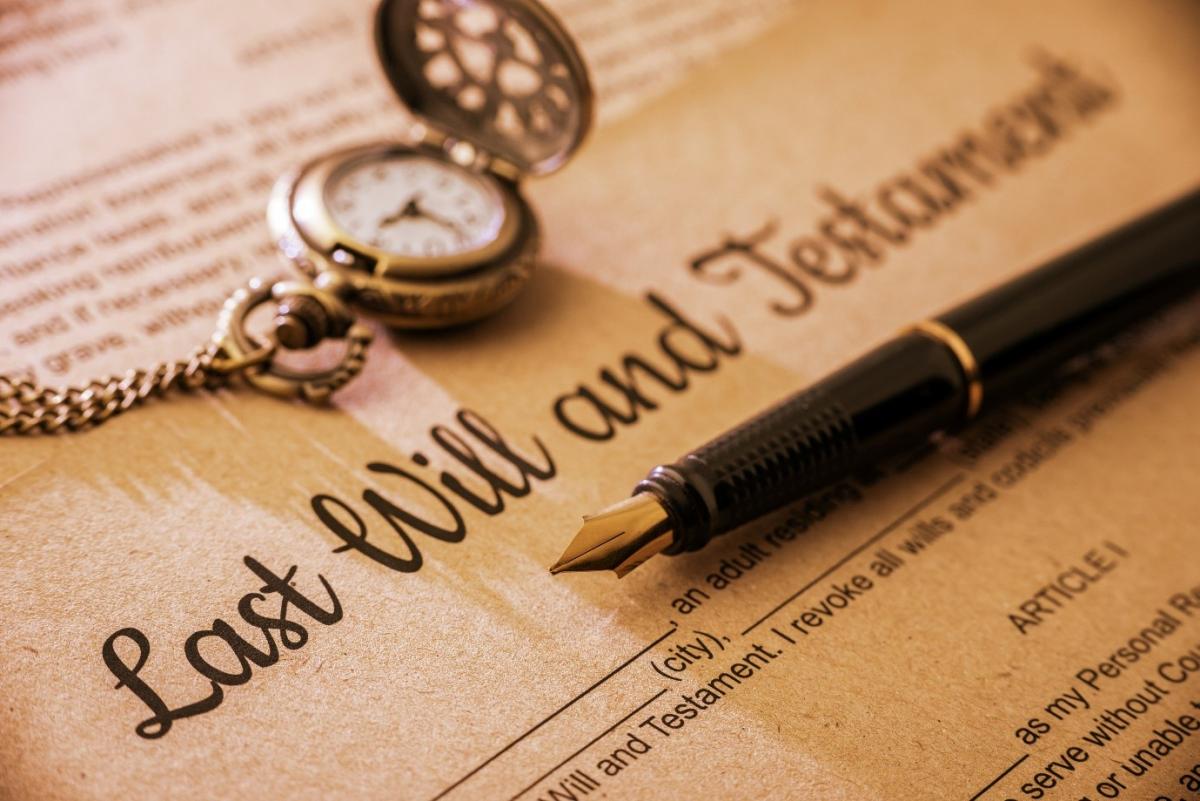How to translate powers of attorney

The power of attorney is the kind of document which always - or in most cases - will require a sworn translation.
Let's remember what I told you in my article What are official translations? Sworn translations are not the same as legal translations.
In this article I am going to tell you everything you need to know about the translation of powers of attorney. I will also explain when and where you may need a signed and stamped sworn translation.
Índice de contenidos
Index of contents
Index du contenu
Inhaltsverzeichnis
Indice dei contenuti
1. What is a power of attorney?

According to the Collins dictionary, a power of attorney is a legal document which allows you to appoint someone to act on your behalf in specific matters.
What does this mean?
This means that one person - the principal or donor gives legal "permission" to another person the agent, attorney-in-fact or proxy. This allows the agent to act on his or her behalf in any legal or official situation.
Types of powers of attorney
There are many different types of powers of attorney, depending on the country. In the UK for example, there are three main types of powers of attorney.
-
Ordinary power of attorney: it empowers someone to make decisions about financial affairs and is valid while the principal has mental capacity.
- Lasting power of attorney (LPA): empowers someone to make decisions abut financial affairs and health care and comes into effect when the principal loses mental capacity. For example, in case of mental illness.
- Enduring power of attorney (EPA): it covers decisions about property and financial affairs, but was replaced in 2007 by the LPAs.
- General power of attorney: in many EU-countries, a general power of attorney covers the vast majority of legal, financial and healthcare issues. These kind of powers of attorney exist for example in Germany, Spain or Italy and require sworn translations.
To summarise, there are two main types of powers of attorney. On the one hand, there are the general powers of attorney. They give a person legal authority, enabling the attorney-in-fact to act before courts and tribunals. On the other hand, there are specific powers of attorney, which are used for a certain purposes and can lose their validity after a specific period of time.
2. When should you translate a power of attorney?

You need to get your power of attorney translated, if it is not written in the target country’s official language.
In other words, imagine you have a power of attorney written in Polish and you want to present it to British administrations. In order for this power of attorney to be valid before British public bodies, it must be correctly translated into English.
At this point we can go back to the beginning of the article, where I mentioned that a simple legal translation service is not enough. As such documents have official status, in many countries the power of attorney must be signed before a notary and you will then need a sworn translator for the document to be valid in another country.
Therefore a sworn translation is required and must include signature, stamp and certification of a professional sworn translator. It will always depend on the foreign country's legal system and its regulations regarding sworn translations.
3. How to request the translation of powers of attorney?

As I mentioned before in most countries you will need a sworn translator for the official document to be legally valid. In countries like Spain or Germany, sworn translators are appointed by governmental bodies, like the Ministry of foreign affairs.
In fact, a parallel can be drawn between the role of a notary and that of a sworn translator. Both are professionals, who attest that the document is accurate and both include their signature and seal to make it legally valid.
In this case, it is best to consult a translation agency experienced with legal affairs. In other words, a specialised agency, with a team of professional translators and interpreters, suitable for this kind of job.
Remember to always check the target country’s requirements for documentation. Please contact authorities to check if you need a translation and if so, what type of translation you need: sworn or not.



Add new comment